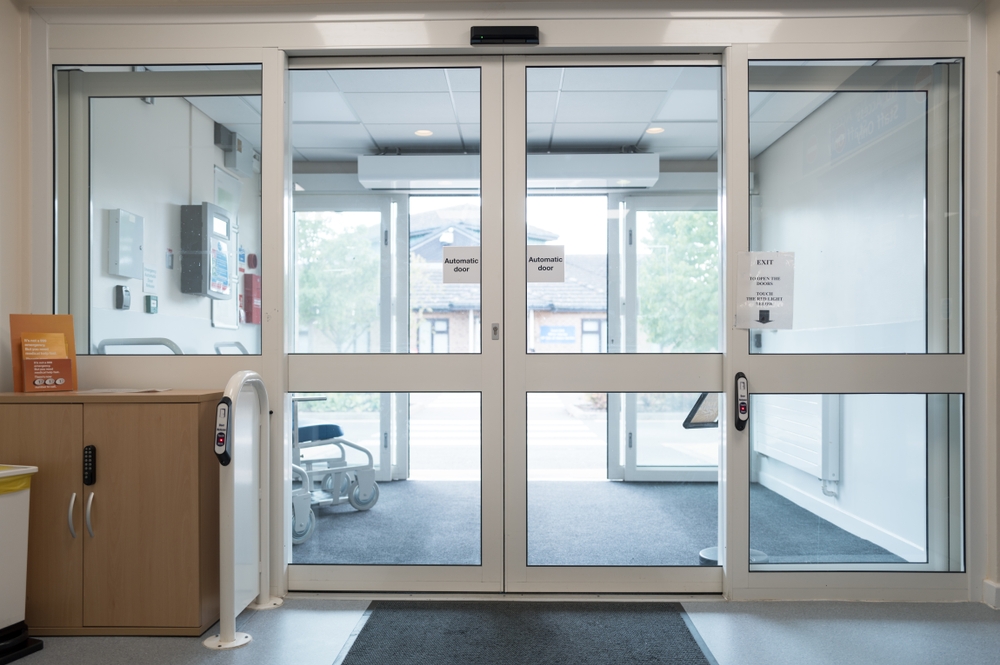Phone:
(701)814-6992
Physical address:
6296 Donnelly Plaza
Ratkeville, Bahamas.

Let’s face it—your doors do more than open and close. They’re the first thing guests see and one of the biggest security features in your home. Choosing between uPVC doors and composite doors isn’t just about looks—it’s about safety, energy efficiency, and long-term investment. So, which one takes the crown?
uPVC (unplasticized polyvinyl chloride) doors are made from a type of rigid plastic known for being low-maintenance and affordable. You’ve probably seen them all over—especially as external doors or uPVC front doors.
They’re popular for good reasons: they resist rot, won’t warp in wet weather, and generally require very little effort to keep looking fresh.
Composite doors are, as the name suggests, a mix of materials—usually a blend of wood, insulating foam, and a GRP (glass-reinforced plastic) skin. This clever combo gives them the strength of wood and the durability of plastic.
They’re tougher, heavier, and more customizable than your average uPVC door, and they make a great choice for any new front door.

Composite doors win this round hands-down. Thanks to their layered design, they last longer and withstand the elements better. uPVC doors are still durable, but over the years, they might fade or lose their crisp look—especially if constantly exposed to sunlight.
Both options offer multi-point locking systems, but composite doors feel sturdier and often include thicker cores. For those thinking about home safety, composite might give you more peace of mind.
Nobody likes a drafty house. Composite doors provide better insulation because of their solid core and dense construction. They help maintain indoor temperature, which can lower energy bills. uPVC doors are decent, but not quite as thermally efficient.
Want bold colors or sleek finishes? Composite doors come in more textures and shades, mimicking wood or even offering modern minimalism. uPVC is more basic—but perfect if you’re into simplicity or looking for doors near me that blend into any facade.
uPVC front doors are super easy to clean—just wipe with soapy water. Composite doors need a bit more care due to their textured finish, but they’re still fairly low-maintenance.
uPVC doors are more budget-friendly up front. But consider this: composite doors, while pricier, may last longer and offer better insulation, saving you money long-term.
Getting a new door isn’t just about the door—door fitting matters big time. Search for door fitters near me to make sure the job’s done right. A poor fit can affect security and energy efficiency.
uPVC doors are generally easier and quicker to install. Composite doors might require a bit more time and care due to their heavier build, but a pro can handle it with no sweat.

If curb appeal is your thing, composite doors add that “wow” factor. They’re stylish and substantial. uPVC front doors are clean and functional—great if you want minimal upkeep.
For bedroom doors, living room doors, or internal doors near me, uPVC works fine. It’s light and easy to open. But if you’re going for high-end aesthetics indoors, you might consider composite or other wood-finish options.
Composite doors are ideal for places where insulation and security are priorities, like garage door installation or side entrances.
With composite, you can pick everything from vintage wood grain to bold colors with chrome handles. uPVC? A bit more limited, but still offers white, grey, and a few subtle shades.
Want a little sunlight? Both styles offer glazed panels, but composite doors offer more creative designs and patterns.
Upfront, yes. But factor in maintenance, energy savings, and lifespan, and composite might actually be the smarter spend.
Nope! You can find composite doors that look like classic wood—ideal for cottages, period homes, and cozy vibes.
Expect to pay anywhere from £400 for basic uPVC doors to over £1,000 for high-end composite designs. The new front door cost also depends on glazing, hardware, and installation.
If you’re upgrading, maintaining, or fixing doors—whether internal, external, or garage—Glazion Home Solutions has your back. They offer top-notch service for supply, repair, and door replacement at fair prices. Whether it’s a new front door, supply and fit internal doors near me, or expert help with tricky frames, Glazion makes it easy.
So, which is better—composite or uPVC doors? The answer depends on your budget, style, and what you value most—durability, insulation, or appearance. Composite doors might be the powerhouse, but uPVC remains a reliable, cost-effective champ. Whichever you choose, make sure it’s fitted right and suits your space.
Composite doors typically last longer due to their stronger build and resistance to wear and tear.
Yes, they come with good locking systems, but composite doors generally offer more robust security.
It’s not recommended, as the finish is designed to last without painting. It’s better to choose the color upfront.
Anywhere from £400 to £1,500+, depending on material, glazing, and installation.
Check local reviews or contact trusted providers like Glazion Home Solutions for expert fitting and service.